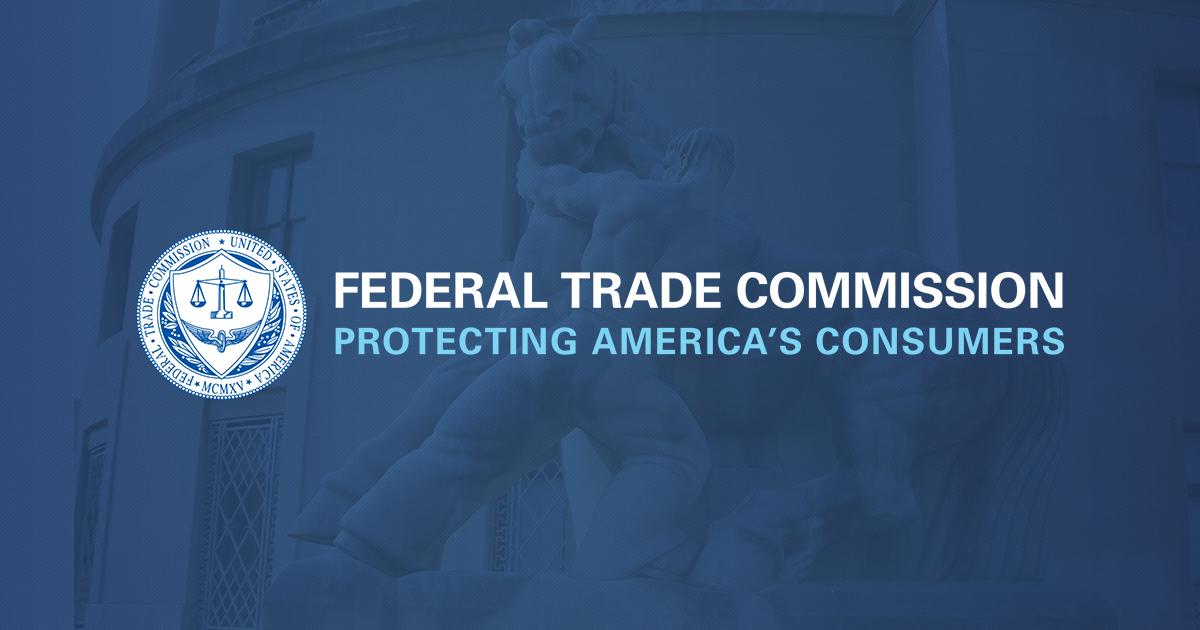Federal Trade Commission Chairman William E. Kovacic and Commissioner Jon Leibowitz today testified before the U.S. Senate Appropriations Committee’s Subcommittee on Financial Services and General Government Committee on Appropriations on the FTC’s behalf, requesting $256.2 million and 1,102 full-time equivalents (FTE) to accomplish the agency’s competition and consumer protection missions in fiscal year (FY) 2009. The request represents an increase of $12.3 million and 18 FTE over the agency’s FY 2008 appropriations and staffing levels.
“The FTC, though small, is the one federal agency with both consumer protection and competition jurisdiction in broad sectors of the economy,” the testimony stated. “[It] has pursued a vigorous and effective law enforcement program in a dynamic marketplace that is increasingly global and characterized by changing technologies. Through the efforts of a dedicated staff, the FTC continues to handle a growing workload.”
According to the testimony, $7.99 million of the requested $12.3 million increase would fund costs associated with contract expenses and personnel, including $2.8 million for 10 additional FTEs in the consumer protection area and eight dedicated to the agency’s competition mission. Of the additional $1.1 million requested for non-FTE program needs in consumer protection, $500,000 would be spent on “Green” marketing research, an education campaign, and enforcement; $250,000 on high-tech tools to stop fraud; $250,000 on examining food marketing and advertising to children; and $100,000 for privacy and identity theft initiatives, including investigating deceptive and unfair practices in mobile marketing. Also in FY 2009, an additional $400,000 would be used to enhance competition enforcement, litigation, and outreach efforts.
“Looking farther into the future our success will require continued efforts to improve the institutional mechanism through which we execute our responsibilities,” the testimony stated. “In the coming months we will undertake a program to identify the way ahead. Our focus will extend beyond the next few years, and we will ask what the Agency should look like when our centennial arrives in 2014, and beyond.” According to the testimony, this “self assessment” will include “a combination of internal deliberations and external consultations in the United States and overseas” with organizations that have an interest in competition and consumer protection policy.
The testimony presented an overview of the FTC’s current enforcement and education priorities, as well as those planned for FY 2009, in the consumer protection and competition areas. To accomplish its consumer protection mission, the agency has been active in efforts to protect the public from unfair, deceptive, and fraudulent practices and has taken law enforcement actions targeting telemarketing fraud, the deceptive marketing of health care products, consumer fraud against Hispanics, and deceptive business opportunities and work-at-home schemes.
In FY 2009, according to the testimony, the agency’s consumer protection enforcement and education focus will include seven priority areas: financial practices; technology (including spyware, spam, and behavioral advertising), the National Do Not Call Registry for telemarketers, privacy and data security, “Green” advertising and marketing claims, food marketing to children, and marketing to children by the entertainment industry.
To protect consumers and promote competitive markets for their benefit, in FY 2008 the Commission has been active in investigating and bringing enforcement actions in sectors of the economy with the greatest impact on consumers, according to the testimony. These include health care, energy, real estate, and high technology and standard setting. In addition to scrutinizing proposed mergers for their possible anticompetitive impact and either challenging them or ordering divestitures when appropriate to protect consumers, the FTC also combats anticompetitive conduct, focusing its efforts on investigating and bringing enforcement actions concerning illegal competitor collaboration and exclusionary conduct.
To promote sound competition policy, the Commission conducts research and develops reports, conducts studies, hearings and workshops, and submits advocacy filings and amicus briefs. The agency also is active in international competition issues, working with foreign antitrust agencies, cooperating on cross-border cases, and providing technical assistance to new antitrust authorities worldwide. As in the consumer protection area, the testimony discusses the wide range of competition initiatives the Commission has undertaken in FY 2008.
“The FTC appreciates the strong support it has received from Congress to serve its critical mission of protecting the American consumer and ensuring competition in the marketplace,” the testimony concluded. The continuation of this support will allow the FTC “to address critical consumer problems at present and anticipate, adapt, and mitigate the challenges of the future.”
The Commission vote authorizing the presentation of the testimony and its inclusion in the formal record was 4-0.
Copies of the Commission’s testimony are available from the FTC’s Web site at http://www.ftc.gov and also from the FTC’s Consumer Response Center, Room 130, 600 Pennsylvania Avenue, N.W., Washington, DC 20580. The FTC works for the consumer to prevent fraudulent, deceptive, and unfair business practices in the marketplace and to provide information to help consumers spot, stop, and avoid them. To file a complaint in English or Spanish (bilingual counselors are available to take complaints), or to get free information on any of 150 consumer topics, call toll-free, 1-877-FTC-HELP (1-877-382-4357), or use the complaint form at http://www.ftc.gov/ftc/complaint.htm. The FTC enters Internet, telemarketing, identity theft, and other fraud-related complaints into Consumer Sentinel, a secure, online database available to more than 1,600 civil and criminal law enforcement agencies in the U.S. and abroad.

